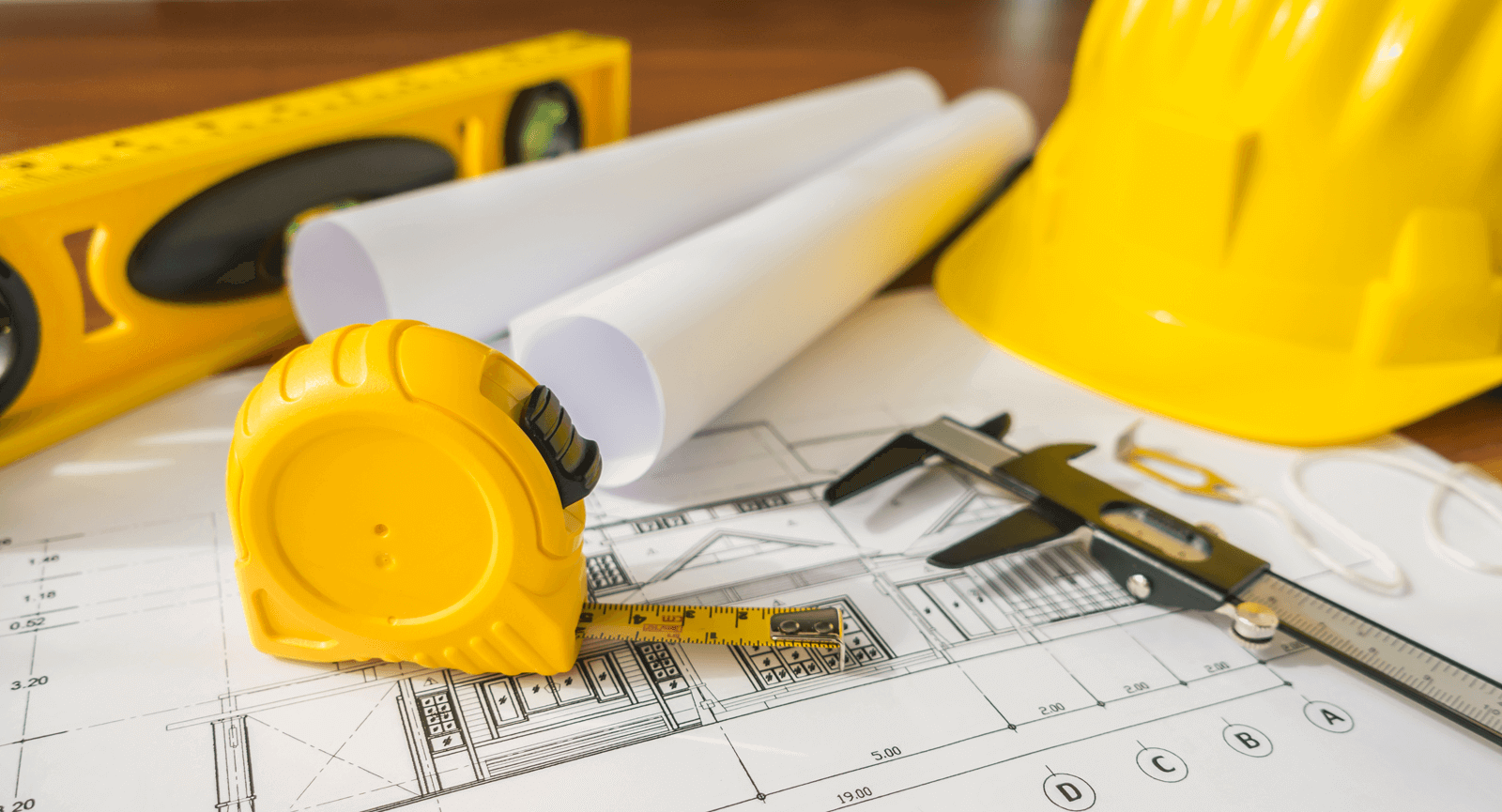Artificial Intelligence (AI) has made its way into various industries, and now it’s transforming the construction sector. With its ability to process vast amounts of data, analyze patterns, and make intelligent decisions, AI is revolutionizing how construction projects are planned, executed, and managed. In this article, we will explore how AI is meeting the world of construction, and the potential benefits it brings to the industry.
1. Enhanced Project Planning and Design:
AI-powered tools are streamlining the project planning and design phase. Machine learning algorithms analyze historical data, construction standards, and best practices to generate optimized project plans. AI can evaluate multiple design alternatives, considering factors like cost, efficiency, and sustainability, enabling architects and engineers to make informed decisions. Additionally, AI-powered design tools help automate repetitive tasks, freeing up professionals to focus on creative aspects and innovative solutions.
2. Intelligent Construction Equipment:
AI is transforming construction equipment into smart machines. Sensors and IoT devices embedded in machinery gather real-time data on equipment performance, usage, and maintenance needs. AI algorithms analyze this data to predict potential breakdowns, optimize equipment utilization, and improve safety. Smart construction equipment powered by AI enables proactive maintenance, reducing downtime and costly repairs, while increasing overall productivity and efficiency on the construction site.

Improve your Construction Growth:
Safety is a top priority in the construction industry, and AI is playing a crucial role in enhancing safety measures. AI-powered systems can analyze real-time data from cameras and sensors to identify potential safety hazards, such as workers not wearing protective gear or unsafe working conditions. By detecting these risks early on, AI can alert supervisors, allowing for immediate corrective actions and minimizing the chances of accidents and injuries.


hello